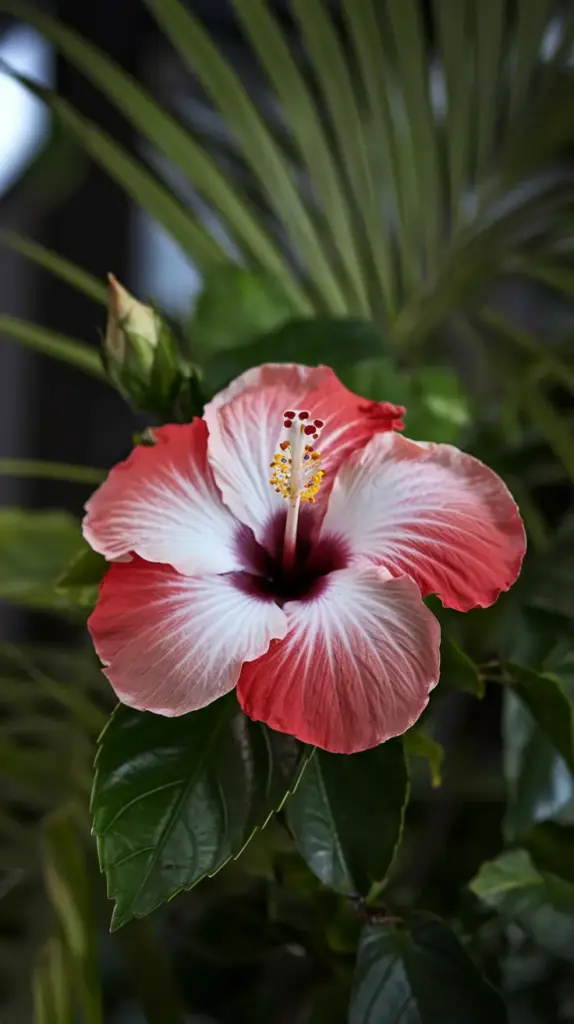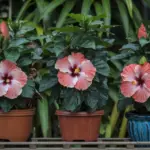7. Prevent and Treat Pests

Let me tell you something about hibiscus pests – they can sneak up on you faster than a cat chasing a laser pointer! I learned this the hard way when I lost three prized hibiscus plants to spider mites before I even knew what hit me. But after years of trial and error (and some pretty epic failures), I’ve developed a foolproof system for keeping those pesky invaders at bay.
Common Hibiscus Pests to Watch For
First things first – you need to know your enemies! The most common troublemakers I’ve encountered are spider mites, aphids, and whiteflies. These tiny terrorists love nothing more than a juicy hibiscus plant. I make it a habit to inspect my plants every morning while having my coffee – it’s become almost meditative, and trust me, catching problems early is an absolute game-changer.
Spider mites are particularly sneaky – they’re so small you might miss them at first. Look for fine webbing on the undersides of leaves and tiny specks that move when disturbed. If you see leaves looking stippled or yellowish, that’s your red flag right there!
Natural Pest Control Solutions
Here’s where I get excited because I’ve discovered some amazing natural solutions that actually work! My absolute favorite is the neem oil solution – it’s like kryptonite for most hibiscus pests. Mix 2 teaspoons of neem oil with 1 teaspoon of mild liquid soap and 1 quart of water. Spray this mixture on your plants every 7-10 days as a preventive measure.
Another trick I swear by is using beneficial insects. I released ladybugs in my garden last summer, and wow – what a difference! They’re like tiny garden warriors, munching away on aphids like it’s their job (which, technically, it is!).
Prevention is Better Than Cure
Listen up, because this is crucial – prevention is where the real magic happens. I keep my hibiscus plants in an area with good air circulation and make sure they’re not stressed from improper watering or feeding. Stressed plants are like an all-you-can-eat buffet for pests!
Some preventive measures I’ve found effective:
- Regular plant inspection (at least weekly)
- Maintaining proper humidity levels
- Using yellow sticky traps to monitor pest populations
- Keeping plants well-pruned for better air circulation
Emergency Pest Control
Sometimes, despite our best efforts, infestations happen. Don’t panic – quick action is your best friend here. If you spot an infestation, immediately isolate the affected plant. I learned this lesson when one infested plant led to a domino effect across my entire collection!
For severe cases, I use an insecticidal soap solution, but here’s a pro tip: always test it on a small leaf area first. Some hibiscus varieties can be sensitive to certain treatments, and I’ve had my share of crispy leaf disasters before figuring this out!
Want to know what comes next in keeping your hibiscus healthy and thriving? Click the “next” button below to discover everything about managing plant diseases – including my secret recipe for a homemade fungicide that’s saved countless plants! Trust me, you won’t want to miss these disease prevention tips that could make the difference between a struggling plant and a flourishing one.









GIPHY App Key not set. Please check settings